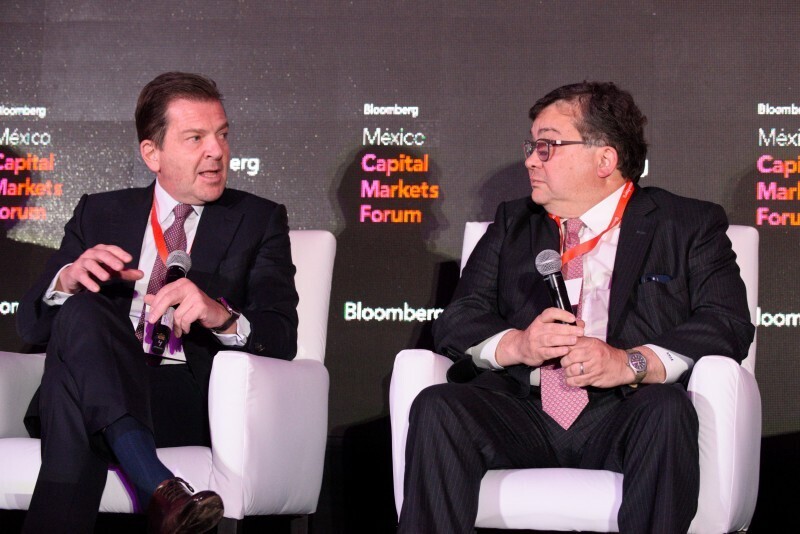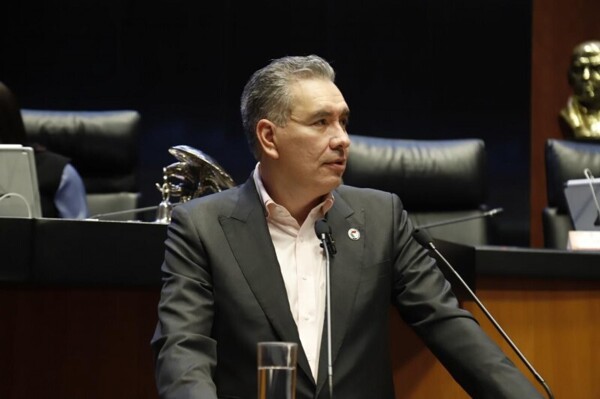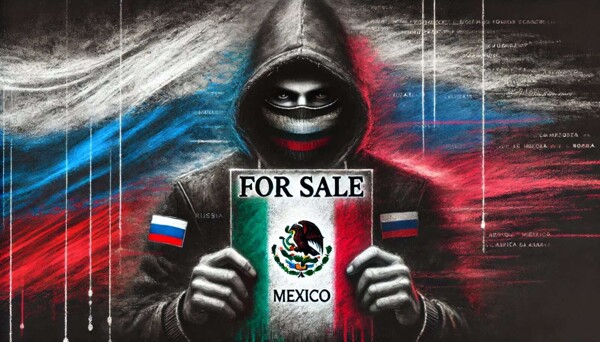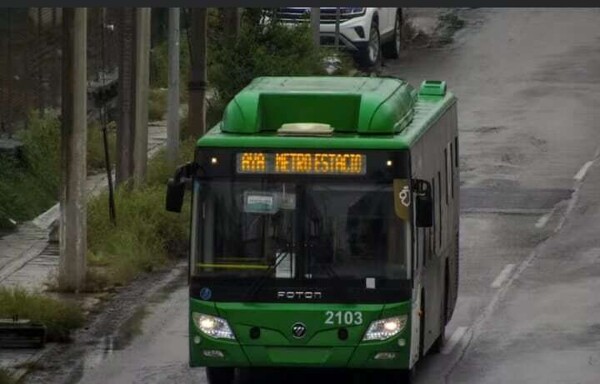
The Government of Mexico plans to implement strong controls on the opening of bank accounts for people deported from the United States. A more rigorous mechanism will be required to report suspicious operations and cash deposits exceeding certain limits as part of an anti-money laundering policy. These measures pose challenges for HSBC's sale process in Mexico, with the potential tax and anti-money laundering policy being key aspects.
In this context, the designation of cartels as terrorist organizations by the new Republican administration in the United States will have a direct impact on the Mexican banking sector. Claudia Sheinbaum's administration will be forced to strengthen anti-money laundering controls. These circumstances are generating concern in the sector, which is closely watching the possibility of a tax on bank profits.
On the other hand, a change in the Financial Intelligence Unit (UIF) is being considered in February, seeking a new profile to replace Pablo Gómez. Furthermore, controls in the financial sector have been intensified, and the need for the Association of Banks of Mexico (ABM) to have a leader who is a direct interlocutor with Sheinbaum is being discussed.
Recently, it has been revealed that private banking earned record profits in interest last year, which has sparked debates and reflections in the presidential environment regarding the country's financial situation and the need for stricter regulatory policies in the banking sector.














